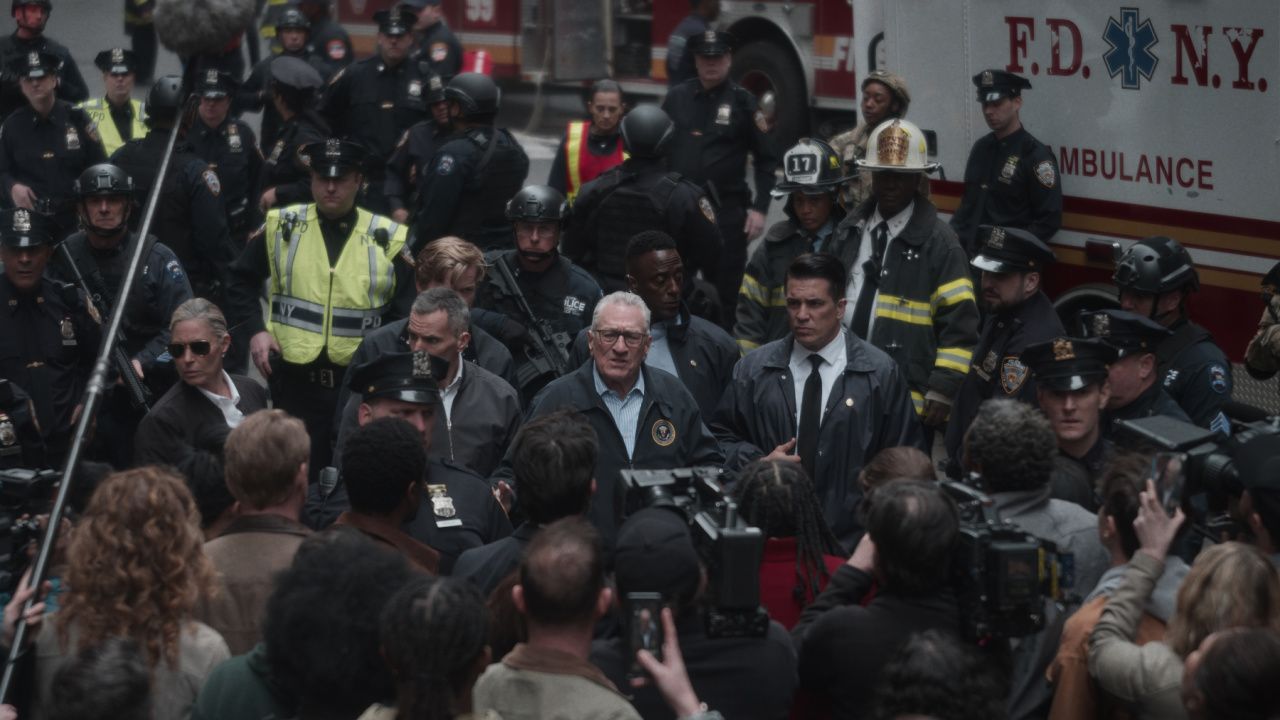Kerry Washington on Donald Trump’s Conviction, Felons Voting

Kerry Washington is getting candid about her thoughts surrounding Donald Trump’s conviction and how he’s still able to run for president.
In a conversation with Bustle ahead of the release of UnPrisoned season two on July 17, she also opened up about the ways that felons may be seen differently now that the former president has been convicted of 34 counts of falsifying business records.
“Everything has changed in terms of how I feel about the so-called justice system,” she told the publication. “We’re in such an interesting moment when it comes to [the question of], ‘What is a felon?’ I love what people have been sharing on social media, [saying that] if a person who is a convicted felon can still run for president, then we should be removing that box from job applications.”
The actress and producer also pointed out that if a felon can run for president, they should also be able to vote.
“That’s huge. Huge. The irony is that [Gov.] Ron DeSantis has been trying to make it impossible in Trump’s home state,” she continued. “A bill was passed in Florida to allow formerly incarcerated folks to vote, and DeSantis has been trying to do everything he can to [undercut] that. Donald Trump may not be able to vote in his home state.”
She explained that being a felon has become another box people are put in that assumes who they are and what they’re capable of, similar to gender or race. She also noted that when she starred on Scandal, it was the first time a lot of people let a Black woman spend so much time in their home.
“She was a real human being, beyond the label of ‘Black woman.’ [She had] complexity, nuance, flaws, brilliance. She was aspirational and also such a mess,” Washington said, adding, “Now we’re allowing for that kind of social, psychological deepening with felons and returning citizens, too.”
Elsewhere in the conversation, the actress shared how she felt attending white institutions, like The Spence School in New York City and George Washington University, gave her the opportunity to enter elite spaces in her adult career.
She revealed that having gone to those schools allowed her to have more confidence in typically white spaces as a Black woman.
“When people find out that I went to Spence, there’s an immediate softening and an invitation into their idea of normal,” she said. “Suddenly, I fit into the picture, as if, by just telling them that I went to Spence, we are all acknowledging that I understand their ground rules, that I’m not going to do something to make them uncomfortable because I’ve been trained well. And as a Black person, there’s a sense that I must be exceptional to have been allowed in that space.”
Read the original article here






